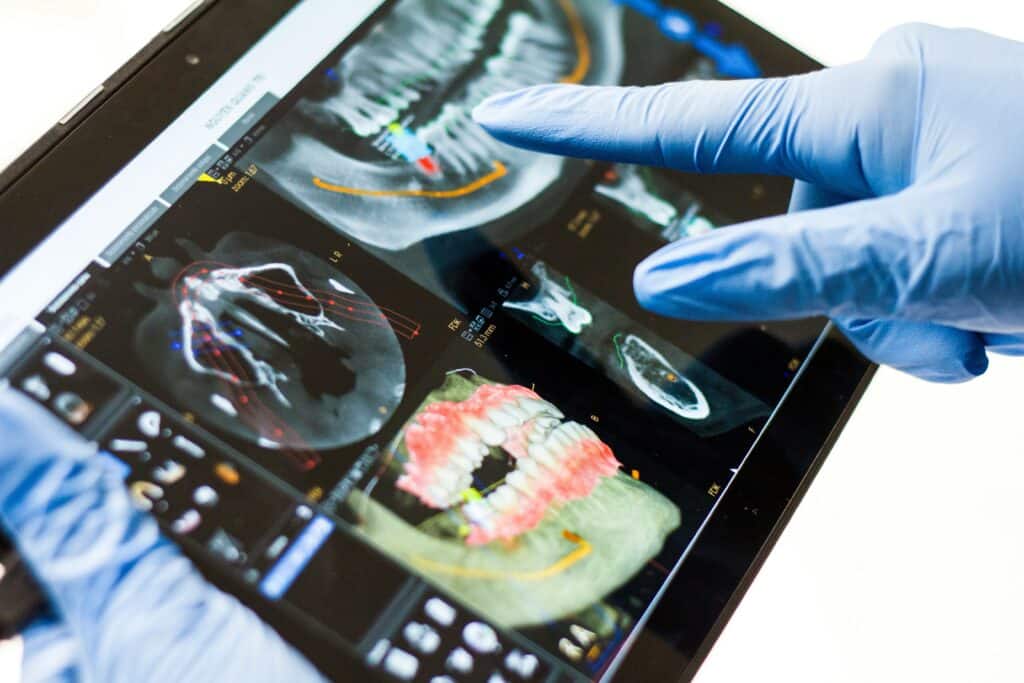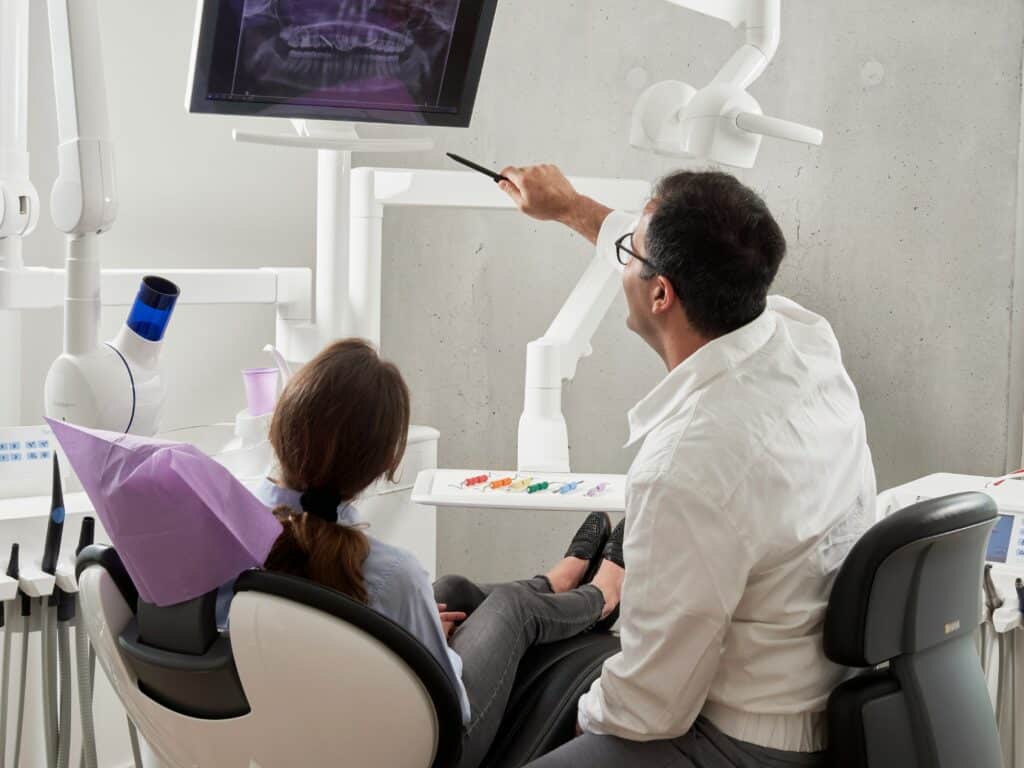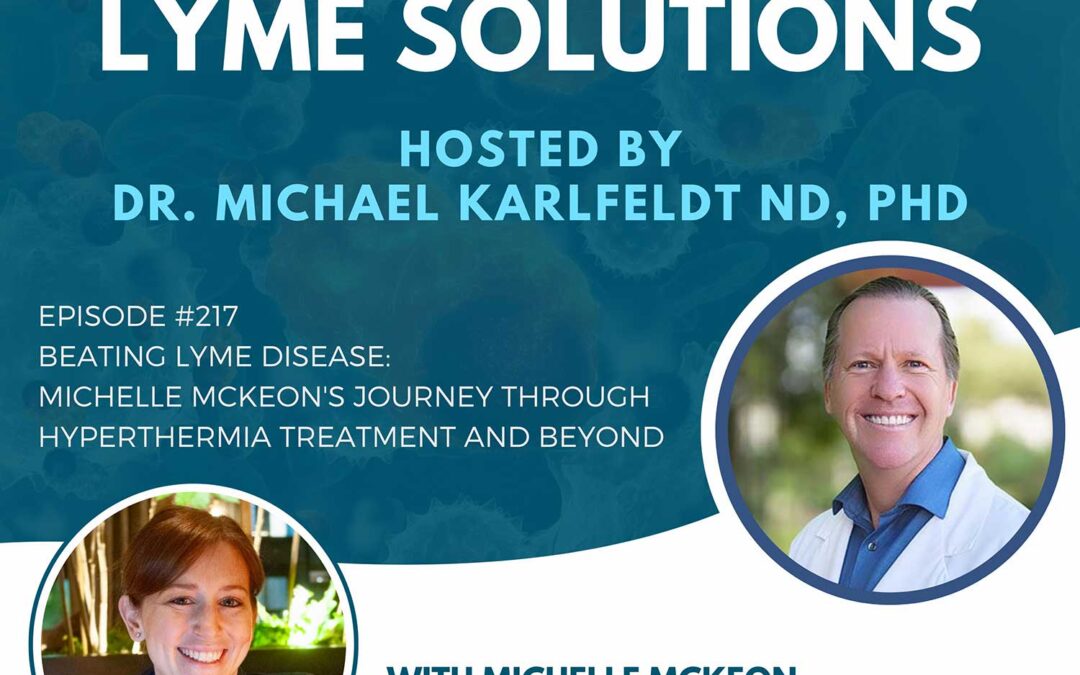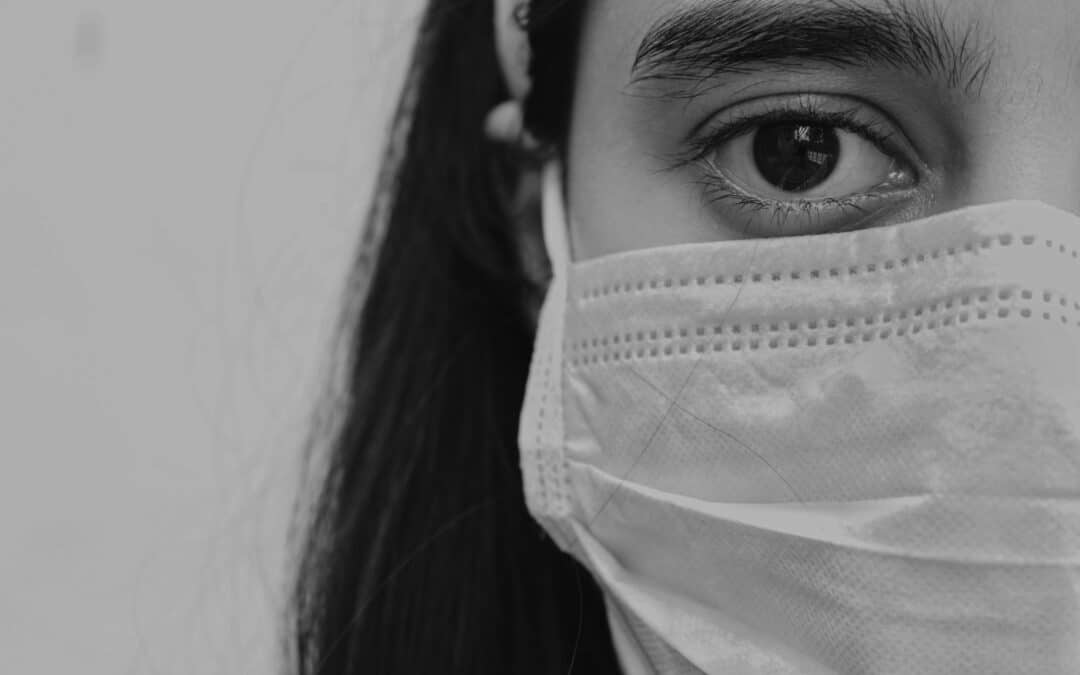When people think of Lyme disease, they usually associate it an infectious illness caused by the bacterium Borrelia burgdorferi, typically transmitted through the bite of an infected tick. The infection can impact and organ of the body, creating devastating symptoms. There’s a lesser-known and surprising area where Lyme disease may have an impact: your teeth. If you’ve searched for “Lyme disease teeth”, you’re not alone. Many people with Lyme disease report unusual dental symptoms, and researchers are starting to explore how the infection may affect oral health.
How Lyme Disease May Affect the Teeth
While there’s limited scientific literature directly linking Lyme disease to tooth decay or gum disease, many patients report experiencing dental and oral symptoms during or after their infection. Here are a few ways Lyme disease might influence dental health:
1. Jaw Pain and TMJ Disorders
One of the more common dental-related symptoms among Lyme patients is jaw pain. Inflammation caused by the infection can affect the temporomandibular joint (TMJ), leading to:
- Clicking or popping sounds when chewing
- Jaw stiffness or locking
- Pain around the ear or jaw
2. Tooth Sensitivity and Pain Without a Clear Cause
Some people with Lyme disease experience sharp, shooting pains in their teeth — even when there’s no obvious dental problem. This could be linked to nerve involvement, such as:
- Tingling or numbness in the face or mouth
- Unexplained toothaches
- Increased sensitivity to temperature or pressure
3. Facial Nerve Involvement (Bell’s Palsy)
Lyme disease is one of the leading infectious causes of Bell’s palsy. When this happens, you might notice:
- Facial drooping on one side
- Difficulty chewing or swallowing
- Dry mouth or eyes
4. Gum Inflammation and Bleeding
Though not widely studied, some Lyme patients report gum sensitivity or bleeding. This may be due to:
- Weakened immune system from chronic illness
- Side effects of antibiotics, such as dry mouth or yeast overgrowth
5. Oral Health Complications from Long-Term Antibiotic Use
Many Lyme patients are on extended antibiotic therapy, which can impact oral health by:
- Causing dry mouth and increasing the risk of cavities
- Leading to oral thrush (yeast infection)
- Reducing good bacteria in the mouth

The Hidden Dental Triggers: Cavitations, Root Canals, and Amalgams
Cavitation Surgery and Lyme Disease
Cavitations—areas of infected or necrotic bone in the jaw often resulting from improperly healed tooth extractions (especially wisdom teeth)—can be a hidden source of inflammation and toxin production. These sites may harbor bacteria and interfere with the body’s healing process. For individuals with Lyme or other chronic infections, these hidden infections can create a chronic immune burden and act as a barrier to recovery. Cavitation surgery, performed by a trained biological dentist or oral surgeon, aims to remove these areas of infection and support systemic healing.
Root Canals and Lyme Flares
Root canals, while often necessary in conventional dentistry, may pose risks for individuals with Lyme disease. These procedures can trap bacteria deep within the tooth structure, potentially becoming a chronic source of low-grade infection. In people with weakened immune systems, such as those with tick-borne infections, this can lead to systemic flare-ups—releasing toxins, increasing inflammation, and worsening Lyme-related symptoms. Patients often report exacerbation of neurological symptoms, fatigue, or immune dysregulation following root canal work.
Amalgams and Heavy Metal Toxicity in Lyme Disease
Amalgam fillings, which contain mercury and other metals, are another important consideration. Many Lyme patients have impaired detoxification pathways and are already burdened with environmental toxins. The mercury from dental amalgams can contribute to overall toxic load, hinder healing, and interfere with mitochondrial function—an essential component in recovery from chronic illness. Safely removing amalgams with proper protocols (including air filtration, rubber dams, and patient protection) should always be done by a qualified biological dentist. Chelation therapy if often times recommended as well to help rid the body of heavy metals due to mercury fillings.

Why You Should See a Biological Dentist
A biological dentist is trained to view oral health through the lens of whole-body wellness. They understand the connections between chronic illness, dental procedures, and systemic inflammation. Biological dentists use biocompatible materials, avoid toxic substances like fluoride or mercury, and take special precautions when performing procedures such as extractions, root canal alternatives, or cavitation surgery.
For patients with Lyme disease or other complex chronic illnesses, working with a biological dentist is not just a preference—it’s a necessity. These dentists are better equipped to:
- Minimize risks of infection or immune reactions
- Support the body’s detoxification process
- Identify hidden oral infections or cavitations
- Coordinate with your Lyme-literate physician to ensure procedures don’t trigger a flare
What Can You Do?
If you’re managing Lyme disease and have concerns about your dental health, consider the following steps:
- See a biological dentist familiar with chronic illness: They may better understand how Lyme affects oral structures and how to reduce risks during procedures.
- Evaluate for hidden dental infections: Ask about cavitations, failing root canals, or heavy metal exposure.
- Maintain a consistent oral hygiene routine: Brush, floss, and use a gentle mouthwash regularly.
- Stay hydrated: Helps prevent dry mouth and supports saliva production.
- Control systemic inflammation: Reducing overall inflammation can ease dental symptoms.
- Tell your Lyme specialist: Report any oral discomfort or jaw pain to help guide treatment.
Frequently Asked Questions About Lyme Disease Teeth
Does Lyme disease cause tooth pain?
Yes, some people with Lyme disease experience unexplained tooth pain or sensitivity. This is often due to nerve inflammation or damage related to the infection, not cavities or typical dental problems.
Can Lyme disease affect the jaw?
Lyme disease can cause inflammation in the temporomandibular joint (TMJ), leading to jaw pain, stiffness, or clicking sounds. These symptoms can mimic TMJ disorders and may be misdiagnosed if Lyme is not considered.
Are oral symptoms a common sign of Lyme disease?
Oral symptoms like jaw pain, dry mouth, or numbness are not the most common signs but can occur, especially in chronic or late-stage Lyme disease. These may result from nerve involvement or medication side effects.
How do I treat dental issues caused by Lyme disease?
Treatment should be holistic. Work with a Lyme-literate physician to manage the underlying infection and inflammation. At the same time, see a dentist who understands chronic illness to address any specific oral symptoms or damage. A biological dentist will take the proper precautions to ensure dental work doesn’t trigger flare-ups.
Can antibiotics for Lyme disease cause dental problems?
Yes, long-term antibiotics can lead to dry mouth, oral thrush, and changes in oral microbiota, all of which increase the risk of cavities and gum disease. Probiotic use and good oral hygiene may help reduce side effects.
Can Lyme disease make your teeth fall out?
Lyme disease itself does not directly cause your teeth to fall out. However, complications from the disease—such as chronic inflammation, immune suppression, poor nutrient absorption, or long-term antibiotic use—can negatively affect your gums and overall oral health. If these factors are left unmanaged, they could contribute to periodontal disease, which may increase the risk of tooth loss over time.
Final Thoughts
The connection between Lyme disease and teeth suggests it’s an area worth watching. From jaw pain and TMJ issues to cavitations, root canals, and heavy metal burdens, oral health should not be overlooked in your Lyme journey.
If you’re experiencing dental issues alongside Lyme disease, don’t suffer in silence. Partner with your medical and dental teams—especially a biological dentist—to get a comprehensive view of your health and relief from your symptoms.



